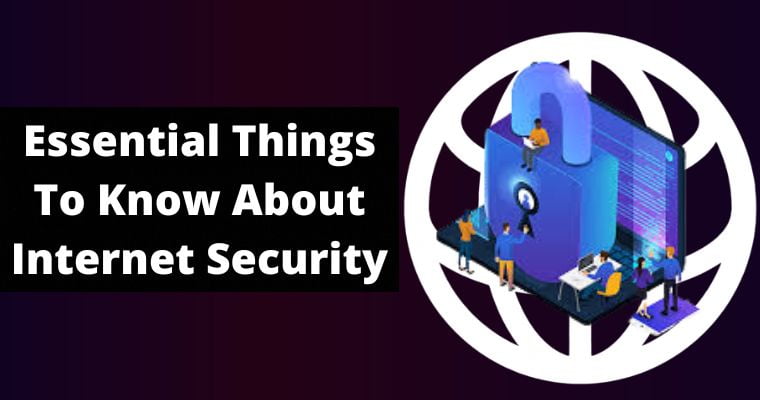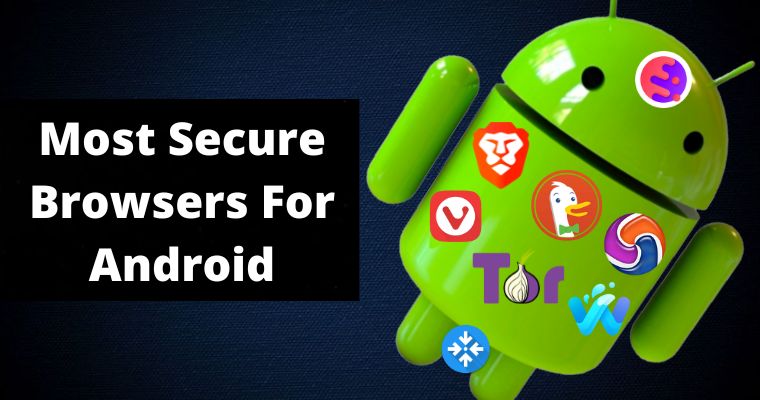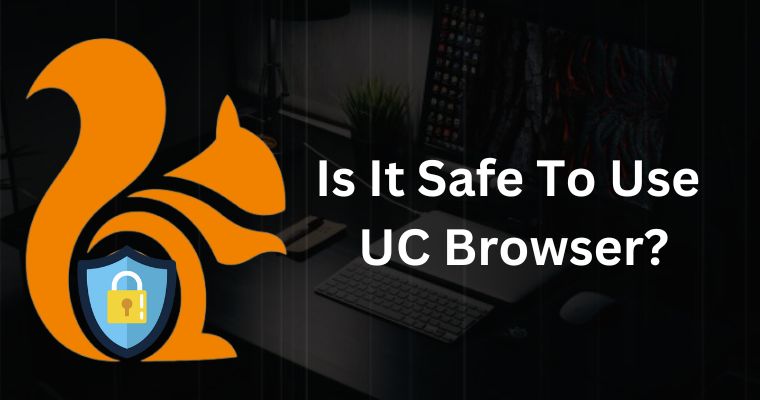As we increasingly spend our time online, sharing more of our personal data with the internet, it is important to protect it from cyber-attacks. This sensitive information can be easily stolen, whether it be by hackers, criminals, or even unauthorized third parties.
To protect ourselves, we need to take various precautions, including using secure online platforms, putting up barriers to prevent unauthorized access, and keeping up-to-date on the latest security threats.
Keeping your online activity safe and protecting your data is more important than ever. Fortunately, reliable internet security is available to help you.
In this course, we’ll discuss the different types of online threats, and how to protect you against them. Afterward, we’ll recommend a comprehensive internet security tool that will keep you safe online.
The internet is a great thing, but it can be dangerous if we have lots of devices connected to it. There are several ways to keep ourselves secure online.
Table of Contents
Internet Security is a way to protect your data and yourself online
Internet security is a field of computer science that focuses on protecting your online digital life. Our security measures encompass everything from our networks to our websites and browsers.
We also make sure that our applications and software rely on the internet, so you can always be safe.
Despite all the precautions you take to keep your online security up to par, there is still much vulnerability that you can protect yourself from. Be sure to keep an eye out for these issues, so you can stay safe online.
What are the general Types of Internet Security Risks?
Your computer or online activities may be vulnerable to various threats, including-
Backdoor
Whenever you go online, you are using the internet. Normally, you would use known and valid entry points (such as your login credentials). However, when you go online, you also occupy space on the web.
Backdoors can allow unauthorized access to a system or network, which could be exploited by someone with malicious intent. This can leave the system or network vulnerable to attack.
Now that you’ve thought about your fortress, do you have any places where someone could enter without being noticed? Maybe there are secret doors or passages that someone could use to surprise you.
Denial of Service (DOS) Attacks
If you experience problems with legitimate users being able to access your systems or network resources, you may be the victim of a DOS attack.
This attack is caused by flooding and overloading your systems, servers, or networks, and can come from a single IP address or be distributed from several infected machines.
For example, Your fortress has a main gate that is susceptible to attack from zombies. However, you want to allow survivors to enter the fortress so they can help defend it.
However, your enemy decides to drop a horde of zombies near the main gate, making it impossible for the survivors to approach and enter.
Malware
Malware is a type of threat that can come in many forms, such as viruses, Trojans, worms, ransomware, and spyware.
Infections caused by viruses are similar to the infections that occur in nature. Viruses can attach to and spread inside computer systems. If the virus is successful in replicating, it can cause paralysis (frequent hangs) and ultimately lead to the blue screen of death.
The Greeks named the Trojan horse after their famous strategy of invading and conquering Troy. One day, a big wooden horse arrived as a gift.
But the horse contained Greek soldiers, who opened the city gates for their comrades. After that, the Greeks were able to enter the city and conquer it.
Worms can enter your computer systems through email attachments, and their presence can cause havoc.
Ransomware locks you out of your account and demands a ransom from you in order to regain access. If you don’t pay the ransom, the attacker may release your data.
Spyware collects information about your online activities, and then the attacker can use this information to blackmail or do other bad things to you.
Basic security practices you can follow to help keep your business safe online.
Use Strong Passwords & Use a Password Management Tool
Many people choose passwords that are easily guessed, like “password” or “123456”. These are not safe choices, because anyone can figure them out if they are stolen. Instead, use a combination of letters and numbers that is difficult to guess.
To create a strong password, aim to include at least one number, one uppercase letter, and one symbol. This simplifies remembering the password and makes it harder for attackers to crack.
Don’t reuse passwords
To make your online security as strong as possible, you should change your password every 6 months to a year. This is to make sure that if someone manages to get your password, they won’t be able to access any of your other accounts.
To keep your online security strong, never use the same password across different accounts. This will help make it more difficult for hackers to gain access to your accounts, and it will also make it more difficult for you to accidentally reveal your password to someone else.
Protect Your Sensitive Personal Identifiable Information (PII)
Personal identifiable information (PII) refers to any information that could be used to identify or locate a person. This can include things like a person’s name, address, phone number, data about their birth, Social Security number, IP address, and more.
Your credit card information should be protected by companies if they adhere to the PCI DSS standards. These standards are designed to ensure the safety of your personal information.
In the age of social media, it’s important to be careful about the information you share online. You should only share minimal information about yourself on social media, in order to protect your privacy.
If you want to keep your online accounts safe, it’s important to review your privacy settings on all of your social media accounts.
Giving away your home address, birthdate, or any other personal information can make you vulnerable to a security breach. Hackers can use this information to access your accounts more easily.
Be careful about downloading things from the internet or receiving emails from strangers
If something smells fishy or feels wrong, it probably is. Phishing emails are designed to look like they are coming from a real person or company in order to obtain information from you. Spyware downloads may also look like genuine files.
Be sure to go with your gut instinct on these things, and if something feels off, be sure to avoid it. Fake security experts may tell you that your computer has a virus and that they can help you fix it for free or access your computer remotely.
If you think this is a scam, don’t even open the email. You can try to determine if the email is fake by looking for inconsistencies in the sender’s address or subject line.
Stay tuned for news about security incidents.
Home Depot has had a security breach in the past that may have compromised up to 56 million credit cards.
This breach may have occurred because of weak security measures that the company used. If you hear that one of your vendors was hacked, you should definitely consider getting a new card with a new number.
Yes, it can be annoying to have to request one, but the security is certainly worth it. Otherwise, what’s the point of having online security?
Use Two-Factor or Multi-Factor Authentication
Two-factor authentication is a security feature that adds another layer of protection to your username and password. Without two-factor authentication, you would only have access to your account if you had the username and password.
With two-factor authentication, you’re required to enter your username and password along with one additional authentication method, such as a Personal Identification Code (PIN).
With multi-factor authentication, you’re required to enter more than two additional authentication methods after entering your username and password.
Backup Your Data Regularly
Regularly backing up your data is an important step in personal online security. The “3-2-1 backup rule” recommends keeping three copies of your data on two different types of media (local and external hard drives) and one copy in an off-site location (cloud storage).
Don’t Use Public WiFi without a VPN
If you are using public WiFi, be sure to use a virtual private network (VPN) to enhance your security. A VPN encrypts your traffic between the server and your device, providing a level of security not available on public WiFi.
A VPN encrypts your traffic, making it more difficult for hackers to access your personal data if they attempt to hack into your device. If you do not have a VPN installed on your device, you should use a mobile network or other connections to access the internet.
Updated software
Regularly updating your software is a way to stay ahead of known security vulnerabilities. Patches to these vulnerabilities often include fixes for holes that could let someone attack you.
Conclusion
The tips discussed in the blog can help protect your computer and network from cyber-attacks. A firewall, antivirus software, and backups can help protect your data. Be aware of possible threats and use the tips discussed protecting yourself.





